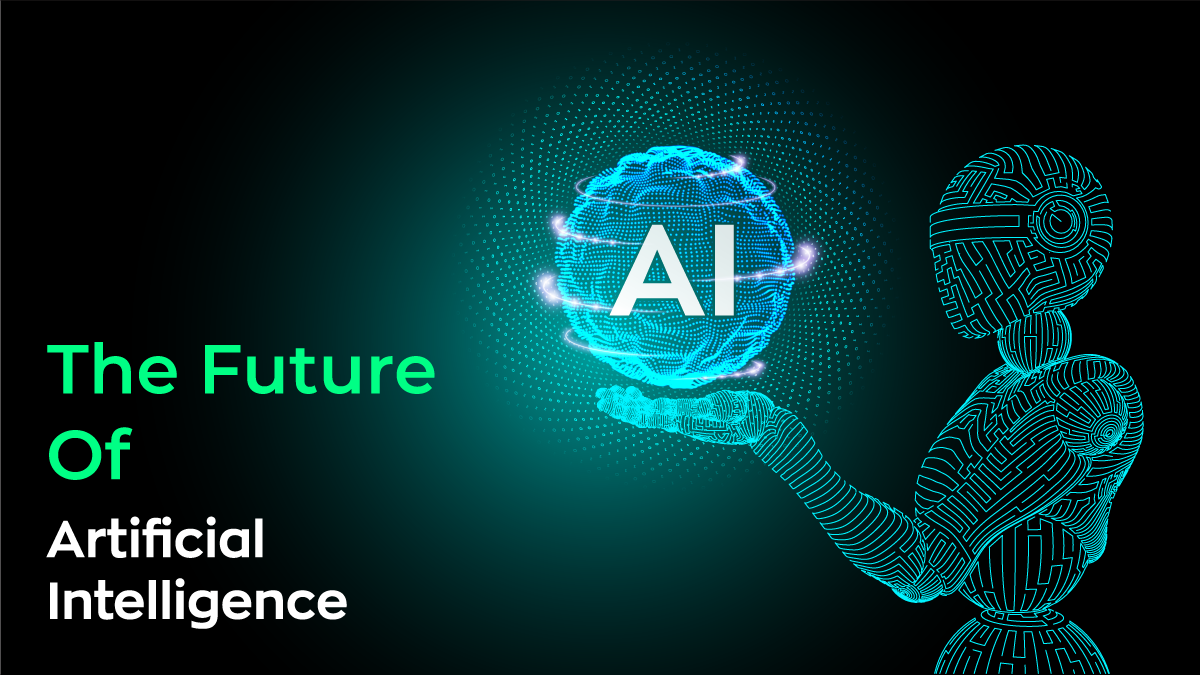Transforming Industries and Shaping Tomorrow’s World
Artificial Intelligence (AI) is no longer a futuristic concept—it’s a transformative force that’s already reshaping industries and driving innovation across the globe. From healthcare to finance, entertainment to manufacturing, AI is unlocking new possibilities, solving complex problems, and making processes smarter, faster, and more efficient.
In this blog, we’ll explore how AI is changing the world and what the future holds for this powerful technology.
What is AI?
At its core, AI refers to the simulation of human intelligence processes by machines, particularly computer systems. This includes learning (the ability to improve performance over time), reasoning (making decisions based on available information), and self-correction. Machine learning (ML) and deep learning (DL) are subsets of AI that allow systems to automatically improve their performance through experience without human intervention.
AI in Different Industries
- Healthcare AI is revolutionizing healthcare by improving diagnosis, personalizing treatment plans, and optimizing medical research. With AI algorithms capable of analyzing large sets of medical data, it can assist doctors in making more accurate diagnoses and predicting potential health risks. AI-powered tools can also enhance patient care through personalized health recommendations and even assist in drug development.
- Example: AI in radiology can analyze medical images for early signs of conditions like cancer, helping doctors make faster and more accurate diagnoses.
- Finance AI is transforming the finance industry by automating processes, enhancing decision-making, and improving customer service. AI is widely used in areas like fraud detection, credit scoring, and algorithmic trading. Machine learning models can also help financial institutions predict market trends and optimize investment strategies.
- Example: AI-driven chatbots and virtual assistants are streamlining customer service by providing instant responses to queries, helping clients manage their accounts, and even offering financial advice.
- Retail and E-commerce AI is reshaping the retail and e-commerce landscape by enabling personalized shopping experiences and optimizing inventory management. AI algorithms analyze customer preferences and browsing behavior to offer tailored product recommendations, while chatbots provide 24/7 customer support.
- Example: AI-powered recommendation engines on platforms like Amazon suggest products based on previous purchases, search history, and customer reviews.
- Manufacturing and Supply Chain AI is driving efficiency in manufacturing and supply chain management by optimizing production processes, improving quality control, and predicting maintenance needs. Machine learning models can also be used to forecast demand, streamline logistics, and reduce waste.
- Example: AI-powered robots in manufacturing lines can detect defects in products, ensuring higher quality and fewer production delays.
- Entertainment and Media AI is transforming entertainment by enhancing content creation, personalizing recommendations, and optimizing media consumption. Streaming services like Netflix and Spotify use AI to suggest content based on user preferences, while AI-generated art and music are opening up new creative possibilities.
- Example: AI-driven content recommendation algorithms on platforms like YouTube and Netflix personalize viewing experiences by analyzing user behavior and preferences.
AI in Everyday Life
While AI’s impact on industries is widely recognized, it also affects our daily lives in subtle yet significant ways:
- Smart Assistants: Virtual assistants like Siri, Alexa, and Google Assistant use AI to understand and respond to voice commands, helping us manage daily tasks, set reminders, and control smart devices.
- Social Media: AI algorithms power social media platforms to curate personalized feeds, recommend friends, and target ads based on user interests and behavior.
- Transportation: AI is at the heart of autonomous vehicles, where it helps cars navigate, detect obstacles, and make real-time driving decisions.
Challenges and Ethical Considerations
While AI presents numerous opportunities, it also raises challenges that need to be addressed. These include:
- Bias in AI: If AI systems are trained on biased data, they can reinforce societal inequalities, such as racial or gender bias. Ensuring fairness in AI algorithms is crucial for preventing discrimination.
- Job Displacement: As AI automates more tasks, there are concerns about job losses in certain industries. However, AI also creates new job opportunities in tech, data science, and AI ethics.
- Privacy and Security: AI systems often require access to large amounts of data, raising concerns about data privacy and the security of personal information.
The Future of AI
Looking ahead, AI will continue to evolve and become more integrated into our daily lives. Future advancements include:
- Artificial General Intelligence (AGI): While AI today is narrow in scope, AGI would have the ability to perform any intellectual task that a human can do. AGI would revolutionize the way we think about AI’s potential and applications.
- AI in Creativity: AI is already being used to create art, music, and literature, and as technology advances, we can expect even more innovative uses of AI in creative industries.
- AI for Social Good: AI has the potential to solve global challenges, from combating climate change to improving education and healthcare in underprivileged regions.
Conclusion
AI is no longer just a buzzword—it’s a powerful force driving innovation and transforming industries across the globe. From healthcare and finance to entertainment and retail, AI is unlocking new possibilities that were once unimaginable. As technology continues to advance, we can expect AI to shape the future in ways that will benefit businesses, individuals, and society at large.
As we continue to explore and expand the capabilities of AI, the key will be to manage its development responsibly and ethically, ensuring it is used to improve lives and create a brighter, more efficient future for all.

